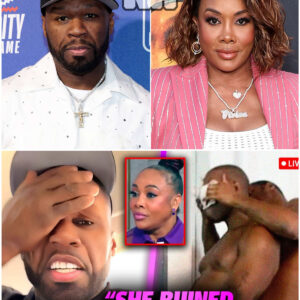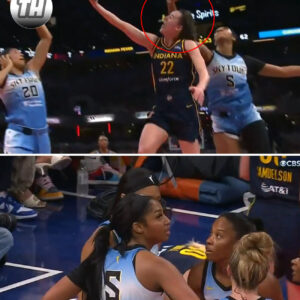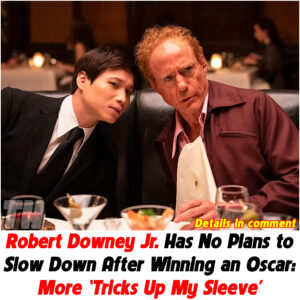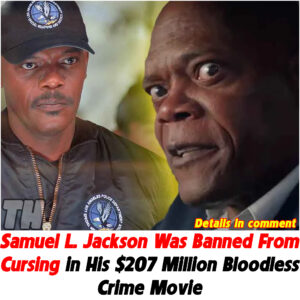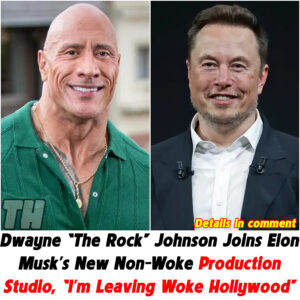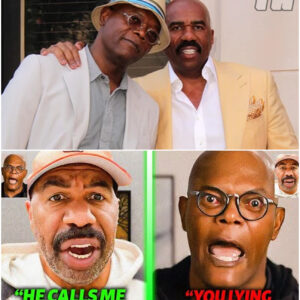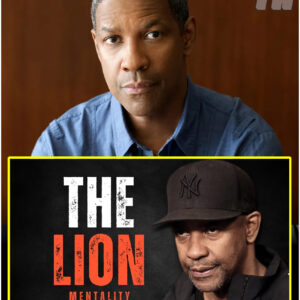The story of the Wayans Brothers and their experiences with Hollywood sheds light on the complex and often discriminatory practices within the entertainment industry, particularly towards Black talent.
The late ’90s marked a period of significant Black representation on television, with shows like “The Wayans Bros,” “Sister Sister,” “The Jamie Foxx Show,” and “The Steve Harvey Show” gaining popularity.
However, despite their success, many of these shows faced abrupt cancellations, leaving fans and creators puzzled.
Shawn Wayans, in particular, has spoken out about the alleged discrimination and mistreatment they faced from major production companies like Warner Bros.
He suggests that the decision to cancel these predominantly Black shows was not random but rather a deliberate attempt to undermine their success.

The Wayans Brothers’ experiences reflect broader issues of racism and discrimination within Hollywood.
Despite their contributions to the industry and their ability to generate significant profits for production companies, they were treated unfairly and denied the opportunity to continue their creative endeavors.
Moreover, the replacement of these shows with programming that perpetuated harmful stereotypes and lacked diversity further highlights the systemic biases within the entertainment industry.
Shows like “Seventh Heaven” and “Dawson’s Creek” may have enjoyed long runs, but their portrayal of race and ethnicity was often problematic and offensive.
The Wayans Brothers’ struggles to bring their projects to fruition, such as the challenges they faced in getting “Scary Movie” off the ground, illustrate the uphill battle that Black creators face in Hollywood.
Despite their talent and dedication, they were met with resistance and indifference from studio executives.
In conclusion, the story of the Wayans Brothers serves as a powerful reminder of the obstacles that Black talent faces in Hollywood.
Their experiences shed light on the systemic racism and discrimination that permeate the entertainment industry and underscore the need for greater diversity and inclusivity in media representation.
News
Angel Reese Took A Direct Shot At Caitlin Clark Over Social Media Before WNBA Meeting
Caitlin Clark and Angel Reese have captured the attention of the entire sports world ever since the 2023 NCAA Championship. Ever since these two 22-year-old women faced off in that…
50 Cent Breaks Down After Vivica Fox Leaks S3X Tape Of Him & His Secret Boyfriend
50 Cent’s Emotional Reaction to Vivica Fox Allegedly Leaking Sex Tape Involving Him and His Secret Boyfriend In a shocking turn of events, rapper and actor 50…
LOOK: Sky’s Angel Reese hits Fever’s Caitlin Clark in the head on shot block attempt, assessed Flagrant 1 foul
Clark hit the deck hard after taking a forearm to the head from Reese in the third quarter Getty Images Chicago Sky forward Angel Reese was assessed…
(VIDEO) Mel Gibson EXPOSES Oprah Winfrey And Hollywood’s Shady Behavior In New Film Sound of Freedom!
Mel Gibson’s New Film “Sound of Freedom” Allegedly Exposes Oprah Winfrey and Hollywood’s Shady Behavior Mel Gibson, renowned actor and filmmaker, has once again sparked controversy with…
FINAL: Caitlin Clark leads the Indiana Fever to their fifth win of the season with a 91-83 victory over Angel Reese’s Chicago Sky
The Indiana Fever are coming off a win against the Atlanta Dream and will look to continue that momentum on Sunday against the Chicago Sky. Indiana is 4-10 and Chicago sits…
Chicago Sky vs. Indiana Fever live updates: Caitlin Clark, Angel Reese meet again, third quarter underway
Fever beat Sky 91-83 For the second time this season, three of the top seven picks in April’s WNBA Draft — Caitlin Clark, Kamilla Cardoso and Angel…
End of content
No more pages to load
